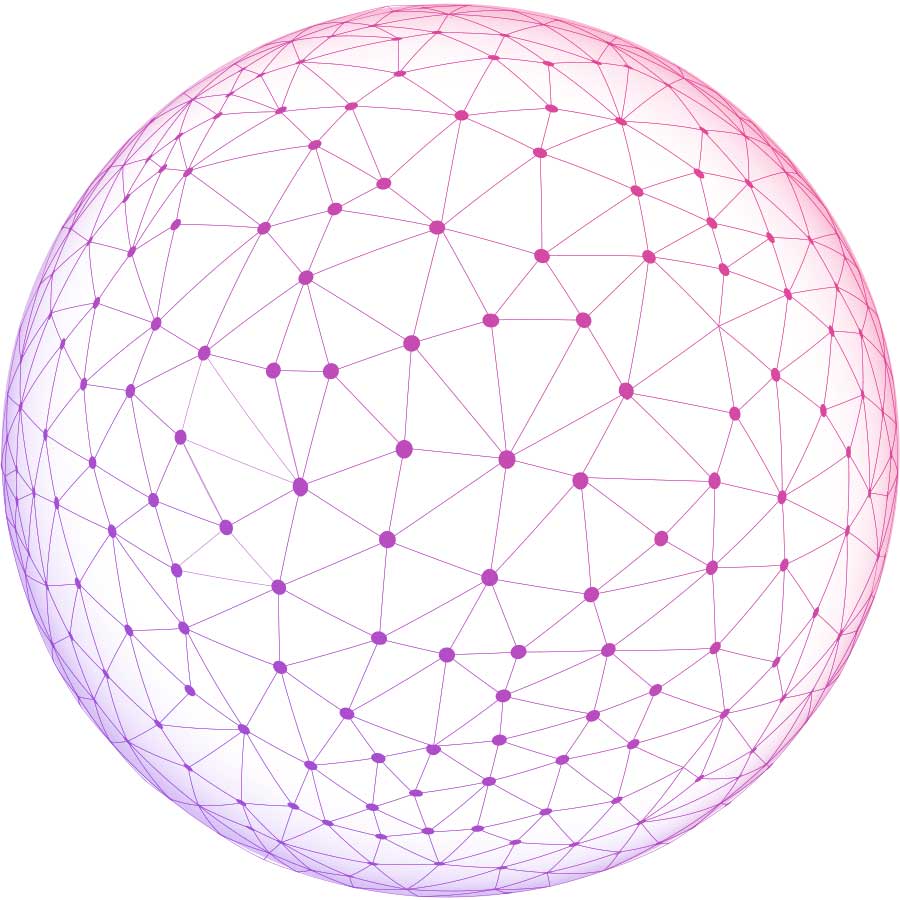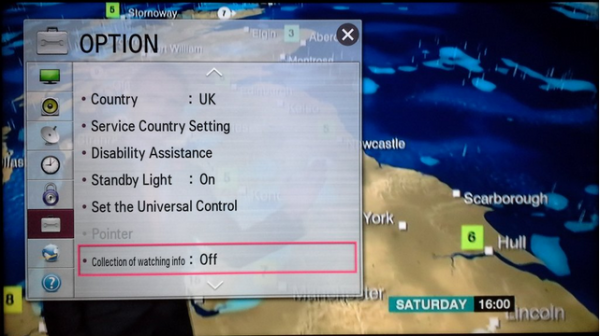While we are waiting for some kind of reform of the US patent system, it’s good too see a major technology outfit like Google going solo with regards to taking legal action on a particular category of patent it owns. It’s a patent pledge that goes like this: We won’t be the first to sue.
It’s a stance Google calls The Open Patent Non-Assertion Pledge. The OPN Pledge, for short. The official language of The Pledge states that Google will “…not to sue any user, distributor or developer of open-source software on specified patents, unless first attacked.” (Note the emphasis.)
But patent pledge does not apply to all patents. That’d be counter productive to a commercial company. It just applies to free or open software “to which Google has contributed little or no code, or has not otherwise incurred any patent license obligations under patents it owns.”
The main points of the patent pledge are:
- Transparency. Patent holders determine exactly which patents and related technologies they wish to pledge, offering developers and the public transparency around patent rights.
- Breadth. Protections under the OPN Pledge are not confined to a specific project or open- source copyright license. (Google contributes a lot of code under such licenses, like the Apache or GNU GPL licenses, but their patent protections are limited.) The OPN Pledge, by contrast, applies to any open-source software—past, present or future—that might rely on the pledged patents.
- Defensive protection. The Pledge may be terminated, but only if a party brings a patent suit against Google products or services, or is directly profiting from such litigation.
- Durability. The Pledge remains in force for the life of the patents, even if we transfer them.
Of all the patents that Google owns to which this pledge can apply, only 10, all related to MapReduce, are covered under the pledge. But that’s sure to change, as the company has promised to add more to the list. A detailed FAQ is available here.







